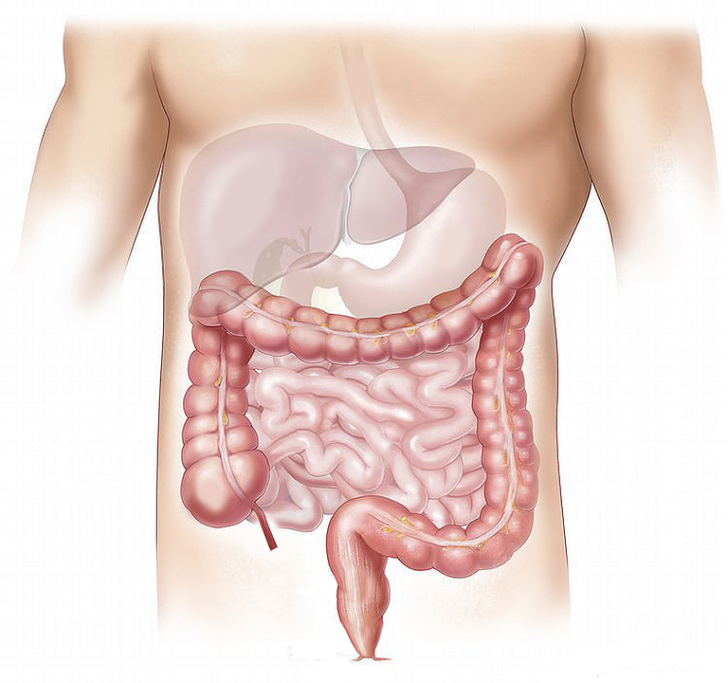Titandioxid-Nanopartikel beeinflussen Dünndarmzellen

Die Aufnahme von Titandioxid-Nanopartikeln aus Lebensmitteln, Ergänzungsmitteln und Chemikalien ist beinahe unvermeidlich. Der Magen-Darm-Trakt dient als Barriere zwischen dem Körper und der äusseren Umgebung. Darmzellen sind essentiell für die Nährstoffaufnahme. Aktuelle Resultate einer In-vitro Modellierungsstudie mit Darmepithelzellen zeigen, dass bereits physiologische Konzentrationen von Titandioxid-Nanopartikeln den Stoffwechsel und das Aufnahmeverhalten von Dünndarmzellen beeinflussen.
Ingestion of titanium dioxide (TiO2) nanoparticles from products such as agricultural chemicals, processed food, and nutritional supplements is nearly unavoidable. The gastrointestinal tract serves as a critical interface between the body and the external environment, and is the site of essential nutrient absorption. The goal of this study was to examine the effects of ingesting the 30 nm TiO2 nanoparticles with an in vitro cell culture model of the small intestinal epithelium, and to determine how acute or chronic exposure to nano-TiO2 influences intestinal barrier function, reactive oxygen species generation, proinflammatory signaling, nutrient absorption (iron, zinc, fatty acids), and brush border membrane enzyme function (intestinal alkaline phosphatase). A Caco-2/HT29-MTX cell culture model was exposed to physiologically relevant doses of TiO2 nanoparticles for acute (4 h) or chronic (five days) time periods. Exposure to TiO2 nanoparticles significantly decreased intestinal barrier function following chronic exposure. Reactive oxygen species (ROS) generation, proinflammatory signaling, and intestinal alkaline phosphatase activity all showed increases in response to nano-TiO2. Iron, zinc, and fatty acid transport were significantly decreased following exposure to TiO2 nanoparticles. This is because nanoparticle exposure induced a decrease in absorptive microvilli in the intestinal epithelial cells. Nutrient transporter protein gene expression was also altered, suggesting that cells are working to regulate the transport mechanisms disturbed by nanoparticle ingestion. Overall, these results show that intestinal epithelial cells are affected at a functional level by physiologically relevant exposure to nanoparticles commonly ingested from food.
Quelle Paper: "Titanium dioxide nanoparticle ingestion alters nutrient absorption in an in vitro model of the small intestine" (ScienceDirect)
Quelle Bild: pixabay